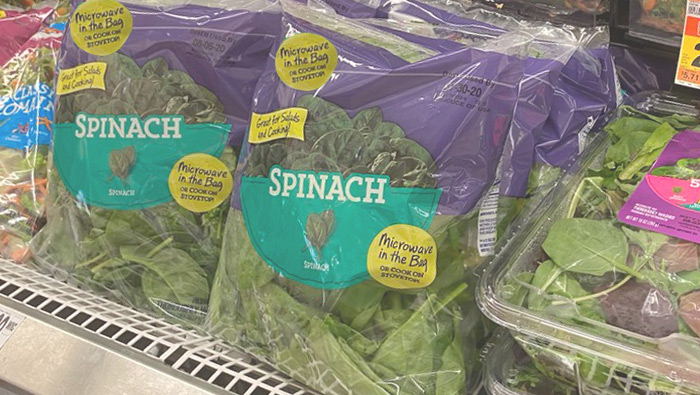Presented by EAS Independent Consultants,
Kathy Knutson, Ph.D. and Kathy Glass, Ph.D.
The food industry has a history of testing for Enterobacteriaceae, coliforms and/or E. coli as indicator microorganisms. Since 2009 there were 40 outbreaks in the United States of pathogenic E. coli such as Shiga toxin-producing E. coli (STEC) associated with leafy greens.
The introduction of foodborne pathogens is an especially important issue due to the global sourcing of food and ingredients, including those for use in Ready-to-Eat (RTE) and their supply chains. Mitigating the risks requires incorporating and utilizing advanced identification, cleaning and sanitizing systems, as well as improving the monitoring and verification through rapid detection technologies. Improvements in product contact, environmental monitoring as well as the tracking of a food processing facility’s microflora using next-generation pathogen genomic sequencing can help to quickly determine whether strains and species of bacteria are “resident” or new to the processing facility. This information will impact corrective action responses.
Even with diligence to prevent contamination, a validated lethality step may be necessary to mitigate risk to the consumer. Given the inactivation kinetics of certain Gram-negative pathogens in low-acid foods, laboratory Salmonella can be used in validation studies as an indicator of lethality for STEC.
This webinar will share new technologies and best practices for facilitating the safety and reliability from the supply chain to the consumer.
The FDA Leafy Green STEC Action Plan is addressing prevention, response and knowledge gaps. With the emergence of STECs and development of methods for their detection, the food industry is left wondering, if I find E. coli, does that mean I have a pathogen in my product?
About the Presenters
Kathy Knutson, Ph.D.
Kathy Knutson, Ph.D. is a microbiologist and certified lead instructor for Preventive Controls for Qualified Individuals through the Food Safety Preventive Controls Alliance. She consults with companies in meeting FSMA requirements, including manufacturers in the cannabis industry as she educates on issues surrounding cannabis-infused food products for sale in states with medical and recreational use legislation. Kathy has a Ph.D. in Food Science from the University of Minnesota and the author of “Food Safety Lessons for Cannabis-Infused Edibles.”
Kathy Glass, Ph.D.
Kathy Glass, Ph.D. is a distinguished scientist at the University of Wisconsin at Madison where she directs the Applied Food Microbiology Laboratory including developing research protocols and supervising projects relating to the evaluation of microbiological safety of low-acid refrigerated and formulation-safe (shelf-stable) foods. She is a process authority for evaluation of formulation-safe foods.
Posted in Foods, On Demand Webinar.
